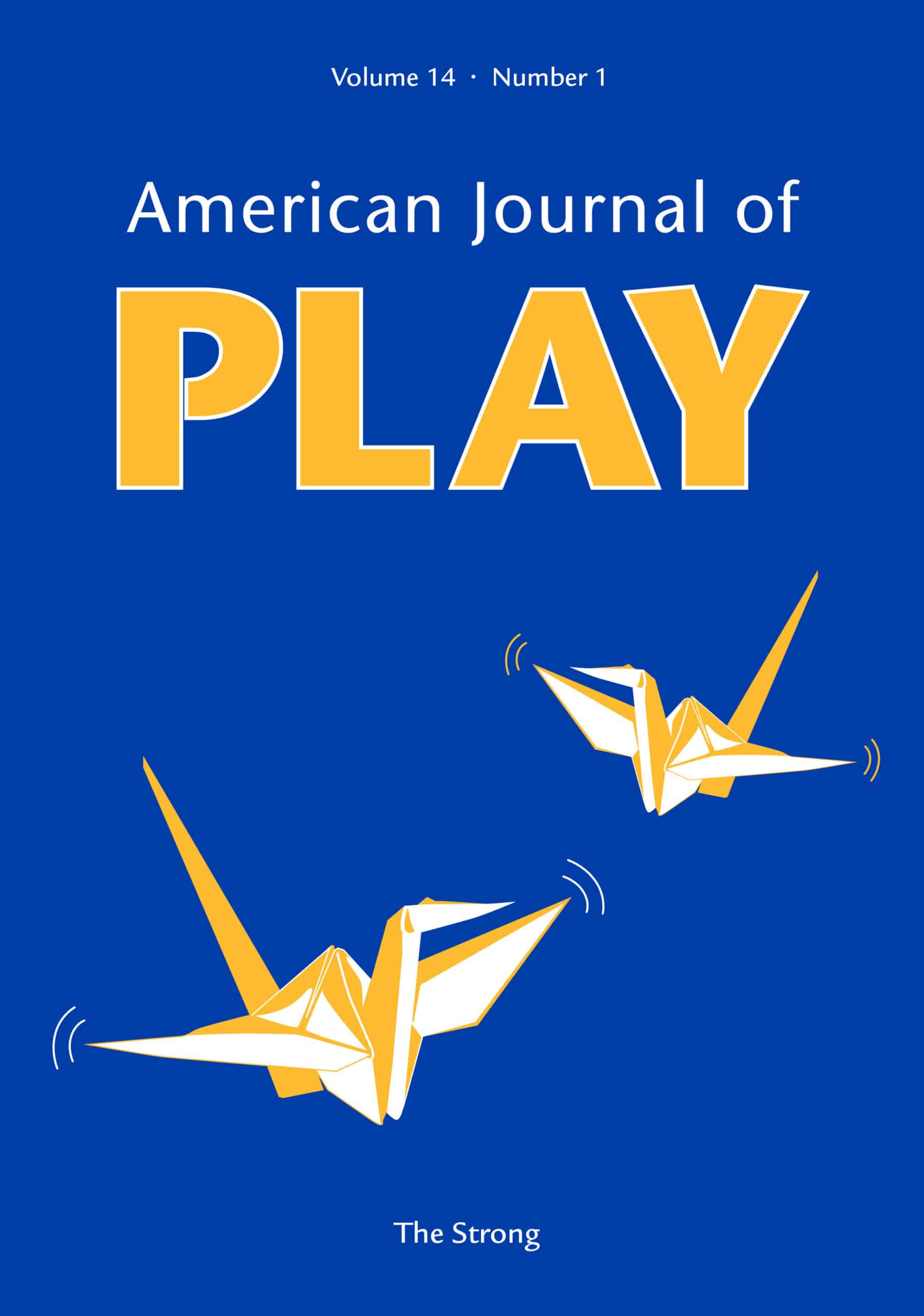Learning from Children’s Play and Folklore in South Louisiana
A Louisiana native, Jeanne P. Soileau has been an educator for forty-seven years. She earned her Ph.D. from the University of Louisiana at Lafayette, where she used oral and video interviews and notes amassed over thirty-five years of research in South Louisiana for her dissertation, “African American Children’s Folklore: A Study in Games and Play.” She collected folklore for the Council for the Arts in Education in New Orleans from 1975 to 1985 and served as an instructor for the Louisiana Voices: Folklife in Education Project from 1998 to 2001. Her publications include Louisiana Folklife: A Guide to the State (1985); Yo’ Mama, Mary Mack, and Boudreaux and Thibodeaux: Louisiana Children’s Folklore and Play (2016), which won the 2018 Chicago Folklore Prize and the Iona and Peter Opie Prize from the American Folklore Society; and What the Children Said: Child Lore of South Louisiana (2021). Key words: Black folklore; child lore; children’s game play; hand clapping; jump rope; The Dozens





